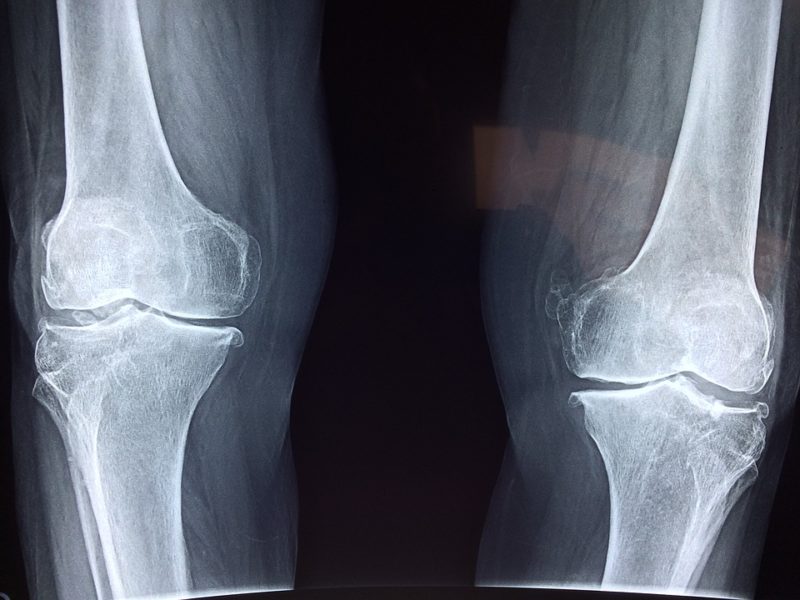Osteoarthritis and other types of joint complications are among common complaints among most people, especially in the elderly, obese and overweight people and athletes. Nutrition and diet not only plays an important role in preventing cartilage damages, but helps repair cartilage within the joints. Let’s take a look at the nutritional/ dietary modifications to help with our joints health.
1- Lose some weight. Cartilage damage is more common in obese and overweight people. Research shown excess adipose tissue accumulated in the body produces inflammatory mediators, ultimately leading to inflammation in all joints.
2- Drink enough water. There are water molecules in the structure of cartilage cells. Studies show that dehydration leaves your cartilage and slows down the process of cartilage healing and repair.
3 – Eat antioxidant-rich food. Free radicals damage is the main process in every cartilage damage. Dietary antioxidants are the key nutrients to prevent such damage. Try to consume fresh vegetables and fruits on a daily basis to ensure you get enough antioxidants.
4 – Another essential element in cartilage cell structure is amino acid Lysine. You need to make sure you ingest enough lysine through your diet to ensure maximum cartilage repair. Dairy products, eggs, meat and legumes are rich sources of lysine in our diet. Adequate intake of lysine is essential for cartilage repair, yet excessive lysine intake does not help you build more cartilage.
5 – Reduce saturated fat intake from diet. High fat animal products including dairy and meat (except the animal is grass-fed) promote inflammation in our joints. They also help you gain weight and exert more pressure on your joints.
6 – Incorporate more omega-3 rich foods in your diet. Omega-3 fatty acids are anti-inflammatory and help reduce inflammation in the joints. Their effect on joint inflammation has been comparable to ani-inflammatory medications in some research. They help ease pain and stiffness and accelerate joint repair. Try to take some fatty fish such as salmon, rainbow trout or Mackerel weekly. Fresh walnuts, sesame seeds, chia seeds and flaxseeds are good sources of omega-3 fatty acids in case you are vegetarian.
7- Make sure you get enough calcium. Older studies have shown the beneficial effects of dietary calcium for bone health. New studies have shown the beneficial effect of this micronutrient on cartilage health. Milk, whey, kefir, yogurt and low-fat cheese are good sources of calcium. Oranges, figs, sesame seed and almonds are among dietary calcium sources for vegetarians.
8- Do not forget vitamin D. Very similar to calcium, it has been thought that vitamin D only helps with bone health. New research revealed its essential role in cartilage health and repair as well. Also, vitamin D has anti-inflammatory properties which are helpful for our joints. The only sources of vitamin D in our diet are fatty fish and egg yolks however; you may get enough vitamin D if you get some sun exposure. Based on the weather condition, altitude and your skin type, it is necessary to get 10 to 30 minutes of sun exposure daily.
9- Incorporate more cruciferous vegetables into your diet. In a research done at Mayo Clinic over a period of eleven years, it was shown people who consume more of cabbage family were less likely to have joint inflammation. Cruciferous vegetables or cabbage family are good sources of calcium and some anti-oxidants essential for cartilage repair.
Information provided here may not be appropriate for people with medical conditions or on certain medications. If you suffer from any medical condition or take any medication, make sure you consult with an expert in this regard.
Dr. Minoo Shirazi, Ph.D. Nutritionist & Registered Holistic Nutritionist
ONTRACK Health & Nutrition Clinic
Toronto, Canada

